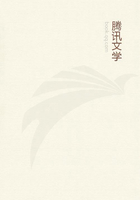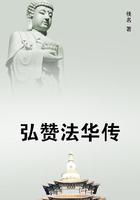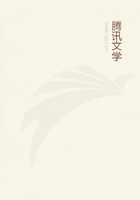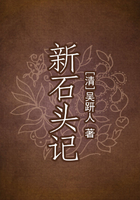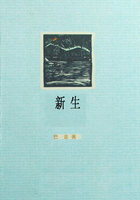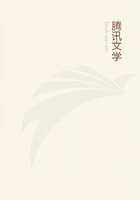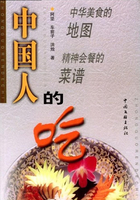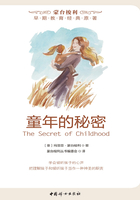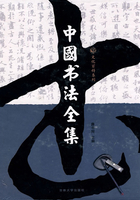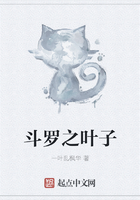M. Haller--My Stay at Lausanne--Lord Rosebury--The Young Saconai--
Dissertation on Beauty--The Young Theologian M. Haller was a man six feet high and broad in a proportion; he was a well-made man, and a physical as well as a mental colossus. He received me courteously, and when he had read M. de Muralt's letter, he displayed the greatest politeness, which shews that a good letter of introduction is never out of place. This learned man displayed to me all the treasures of his knowledge, replying with exactitude to all my questions, and above all with a rare modesty which astonished me greatly, for whilst he explained the most difficult questions, he had the air of a scholar who would fain know; but on the other hand, when he asked me a scientific question, it was with so delicate an art that I could not help giving the right answer.
M. de Haller was a great physiologist, a great doctor, and a great anatomist. He called Morgagni his master, though he had himself made numerous discoveries relating to the frame of man. While I stayed with him he shewed me a number of letters from Morgagni and Pontedera, a professor of botany, a science of which Haller had an extensive knowledge. Hearing me speak of these learned men whose works I had read at an early age, he complained that Pontedera's letters were almost illegible and written in extremely obscure Latin.
He shewed me a letter from a Berlin Academician, whose name I have forgotten, who said that since the king had read his letter he had no more thoughts of suppressing the Latin language. Haller had written to Frederick the Great that a monarch who succeeded in the unhappy enterprise of proscribing the language of Cicero and Virgil from the republic of letters would raise a deathless monument to his own ignorance. If men of letters require a universal language to communicate with one another, Latin is certainly the best, for Greek and Arabic do not adapt themselves in the same way to the genius of modern civilization.
Haller was a good poet of the Pindaric kind; he was also an excellent statesman, and had rendered great services to his country. His morals were irreproachable, and I remember his telling me that the only way to give precepts was to do so by example. As a good citizen he was an admirable paterfamilias, for what greater proof could he give of his love of country than by presenting it with worthy subjects in his children, and such subjects result from a good education. His wife was still young, and bore on her features the marks of good nature and discretion. He had a charming daughter of about eighteen; her appearance was modest, and at table she only opened her mouth to speak in a low tone to a young man who sat beside her. After dinner, finding myself alone with M. Haller, I asked him who this young man was. He told me he was his daughter's tutor.
"A tutor like that and so pretty a pupil might easily become lovers."
"Yes, please God."
This Socratic reply made me see how misplaced my remark had been, and I felt some confusion. Finding a book to my hand I opened it to restore my composure.
It was an octavo volume of his works, and I read in it:
"Utrum memoria post mortem dubito."
"You do not think, then," said I, "that the memory is an essential part of the soul?"
"How is that question to be answered?" M. de Haller replied, cautiously, as he had his reasons for being considered orthodox.
During dinner I asked if M. de Voltaire came often to see him. By way of reply he repeated these lines of the poet:--
"Vetabo qui Cereris sacrum vulgarit arcanum sub usdem sit trabibus."
I spent three days with this celebrated man, but I thought myself obliged to refrain from asking his opinion on any religious questions, although I had a great desire to do so, as it would have pleased me to have had his opinion on that delicate subject; but I
believe that in matters of that kind M. Haller judged only by his heart. I told him, however, that I should consider a visit to Voltaire as a great event, and he said I was right. He added, without the slightest bitterness, "M. de Voltaire is a man who ought to be known, although, in spite of the laws of nature, many persons have found him greater at a distance than close at hand."
M. de Haller kept a good and abundant though plain table; he only drank water. At dessert only he allowed himself a small glass of liqueur drowned in an enormous glass of water. He talked a great deal of Boerhaave, whose favourite pupil he had been. He said that after Hypocrates, Boerhaave was the greatest doctor and the greatest chemist that had ever existed.
"How is it," said I, "that he did not attain mature age?"
"Because there is no cure for death. Boerhaave was born a doctor, as Homer was born a poet; otherwise he would have succumbed at the age of fourteen to a malignant ulcer which had resisted all the best treatment of the day. He cured it himself by rubbing it constantly with salt dissolved in his own urine."
"I have been told that he possessed the philosopher's stone."
"Yes, but I don't believe it."
"Do you think it possible?"
"I have been working for the last thirty years to convince myself of its impossibility; I have not yet done so, but I am sure that no one who does not believe in the possibility of the great work can be a good chemist."
When I left him he begged me to write and tell him what I thought of the great Voltaire, and in, this way our French correspondence began.
I possess twenty-two letters from this justly celebrated man; and the last word written six months before, his too, early death. The longer I live the more interest I take in my papers. They are the treasure which attaches me to life and makes death more hateful still.
I had been reading at Berne Rousseau's "Heloise," and I asked M.
Haller's opinion of it. He told me that he had once read part of it to oblige a friend, and from this part he could judge of the whole.

